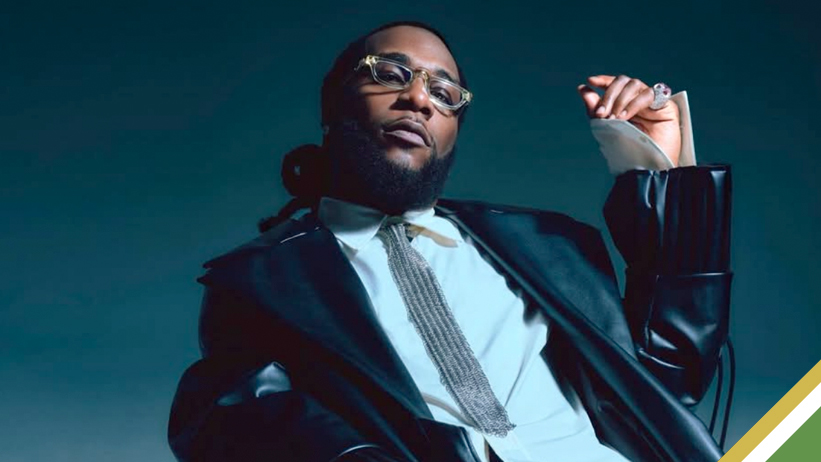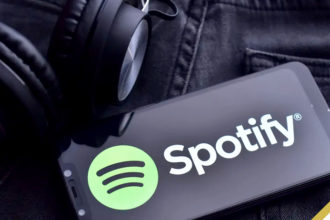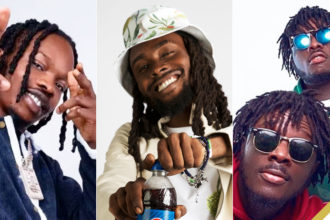African artists are cashing in on a streaming revolution—and Spotify is at the center of it. In 2024 alone, the Swedish audio streaming giant paid out approximately $59 million USD in royalties to Nigerian and South African musicians, according to Reuters and IndexBox. This spike reflects a broader global appetite for African sounds, driven by the meteoric rise of Afrobeats and Amapiano. Burna Boy and Tyla are just the tip of the iceberg. Nigerian artists collectively earned over ₦58 billion naira ($38 million USD), more than double what they received the previous year. South African artists took home R400 million rand ($21 million USD), marking a 54% year-on-year increase. “We’re seeing more mid-tier and emerging artists reach financial sustainability,” said Jocelyne Muhutu-Remy, Spotify’s managing director for Sub-Saharan Africa.
The sheer scale of this growth becomes even more striking when measured against Jamaica’s global music exports. While reggae and dancehall remain cultural cornerstones with international reach, royalty figures don’t show the same upward trajectory. Data from Spotify’s 2023 Loud & Clear report revealed that only three reggae artists surpassed the 500 million stream mark globally, compared to more than 10 Afrobeats acts hitting the same milestone. Burna Boy alone racked up over 2.1 billion streams in 2023, while Tyla’s Grammy-winning hit “Water” saw playlist inclusion on more than 100 million user-curated lists—double the playlist reach of top dancehall tracks.
Moreover, the structure of earnings in the African market is shifting fast. According to IndexBox, the number of Nigerian artists earning over ₦10 million naira ($6,500 USD) annually has doubled in just one year and tripled since 2022. In South Africa, mid-level earners making between R100,000 and R500,000 rand (approx. $5,200 to $26,000 USD) have also doubled over the past three years. Nigerian artists, in particular, saw a 49% boost in export growth, while South African acts experienced a staggering 104% surge. Meanwhile, many Jamaican artists continue to face barriers in monetizing their international appeal—whether due to limited playlisting, poor digital marketing infrastructure, or the slow evolution of genre branding on streaming platforms.
That’s not to say reggae and dancehall are falling behind in cultural impact. Artists like Koffee, Popcaan, and Sean Paul still rack up millions of monthly listeners and draw large festival crowds. However, with Spotify’s data revealing that over 250 million playlists now include a Nigerian artist and 220 million feature South African acts, it’s clear that the African music machine is running at full steam—and winning on the monetization front. For Caribbean talent to catch up, strategic investment in artist development, metadata tagging, and digital playlist curation could be key.
As Spotify continues to pump $10 billion USD into artist royalties worldwide, one thing is clear: the global music stage is being redefined. African artists are not just making waves—they’re making money. The question now is whether reggae and dancehall can reclaim their place in the digital economy—or risk being drowned out in a flood of Afrobeats and Amapiano.












